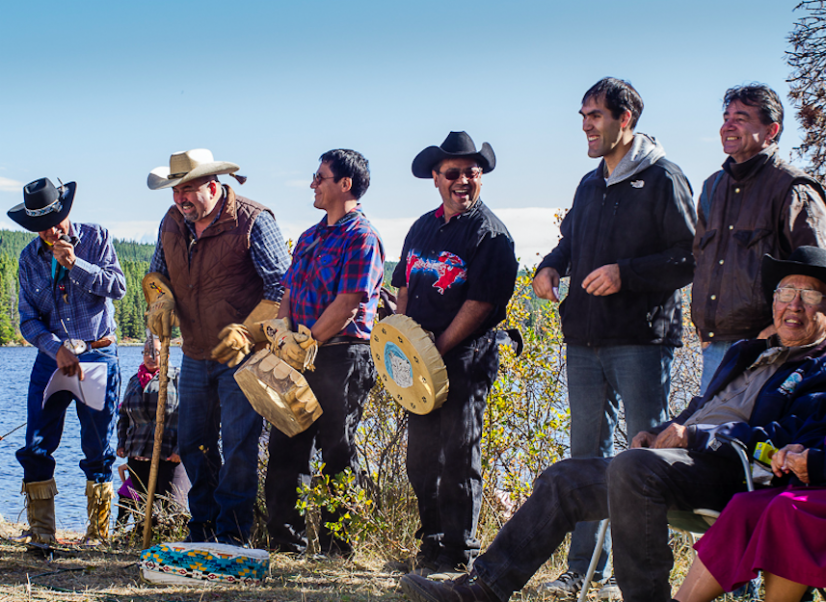Across the world, ecosystems are primarily valued for economic production (natural resources) but increasingly, prices are being developed for ‘ecosystem goods and services’, such as clean air and clean water. With this value in place, market-based mechanisms have emerged that enable Indigenous Peoples to actively manage these ecosystems for compensation.
These programs are often termed ‘environmental stewardship programs’, the ambition of which are to enhance, or at least maintain, the integrity of specific ecosystems through voluntary arrangements between the stewards and public or private actors. Environmental stewardship programs cover a range of activities, including land rehabilitation, environmental monitoring, and more technical ecological services, such as water quality preservation and carbon sequestration.
They have been empirically proven to generate positive ecological outcomes, as well as positive health, wellbeing and livelihood outcomes to participants; all while enabling the transmission of traditional ecological knowledge across generations and cultures.
The FN-ECONET is a platform for First Nations across Canada to leverage learned best practices, implement EMS programs, and build resilient ecosystems and communities.






